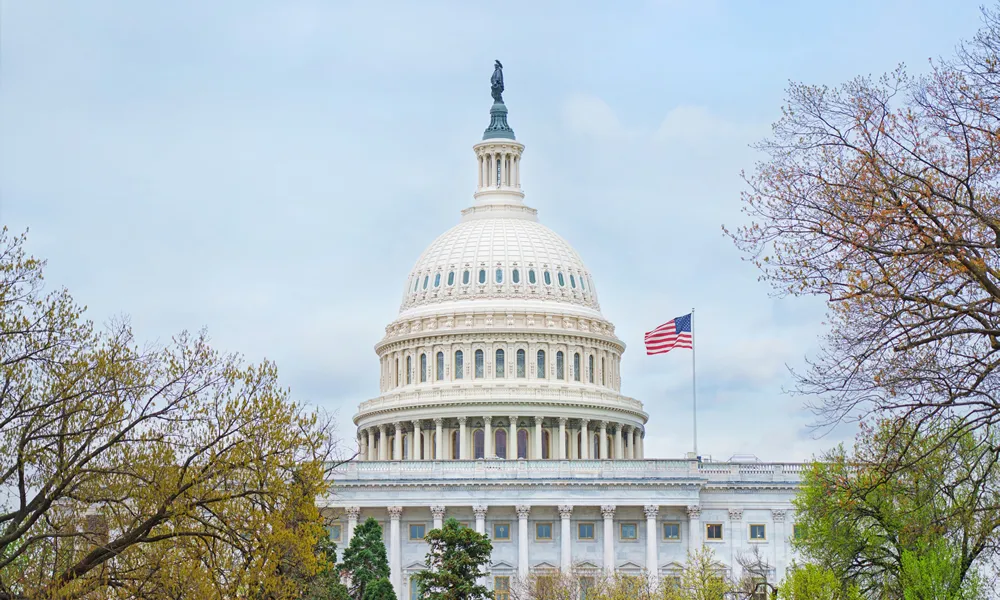The U.S. government is hours from a funding lapse, with Republicans and Democrats leaving a White House meeting without a deal and trading blame over health-care provisions tied to a stopgap bill. Senate Majority Leader Chuck Schumer said “there are still large differences between us,” after talks broke up on Monday, while Vice President JD Vance argued, “I think we’re headed into a shutdown because the Democrats won’t do the right thing,” according to the Associated Press.
What each side wants
Democrats are insisting on a permanent extension of enhanced Affordable Care Act (Obamacare) premium subsidies and reversal of Medicaid cuts embedded in Republicans’ tax-and-spending law. Republicans are pushing a “clean” short-term funding bill without those policy changes. The AP notes Democrats showed “no signs of budging” on the health-care demands central to their votes.
OMB raises the stakes
The White House Office of Management and Budget has instructed agencies to prepare for large-scale reductions in force if funding lapses, an approach far tougher than prior shutdowns, when most “non-essential” staff were temporarily furloughed and later paid. The OMB memo, first reported last week, tells agencies to plan for permanent layoffs in programs that lose funding and are “not consistent with the President’s priorities,” AP reported. Schumer called the guidance “an attempt at intimidation.”
In a funding lapse, operations that protect life and property continue -military, law enforcement, air-traffic control and food safety, among others-though many employees work without pay until Congress acts. Social Security and Medicare benefits keep flowing, but some administrative services slow. Passport and consular services can continue if fee-funded. Reuters’ latest explainer outlines the expected contours if appropriations expire.
No full-year appropriations have passed for any of the 12 federal spending bills, and the impasse coincides with the start of a new fiscal year, conditions that can magnify disruption. With OMB urging agencies to draft firing plans rather than standard furloughs, unions and Democrats warn the shutdown’s effects could be deeper and longer-lasting than recent episodes, AP reports.
What to watch next
Senate and House leaders have only narrow paths: stitch together a short-term CR that addresses the ACA/Medicaid fight, or brace for a funding lapse while negotiations continue. As one senior Republican put it, “the ball is in their court,” but both chambers will likely need bipartisan votes to reopen government, per AP’s Capitol Hill reporting.
AP sourced reporting
